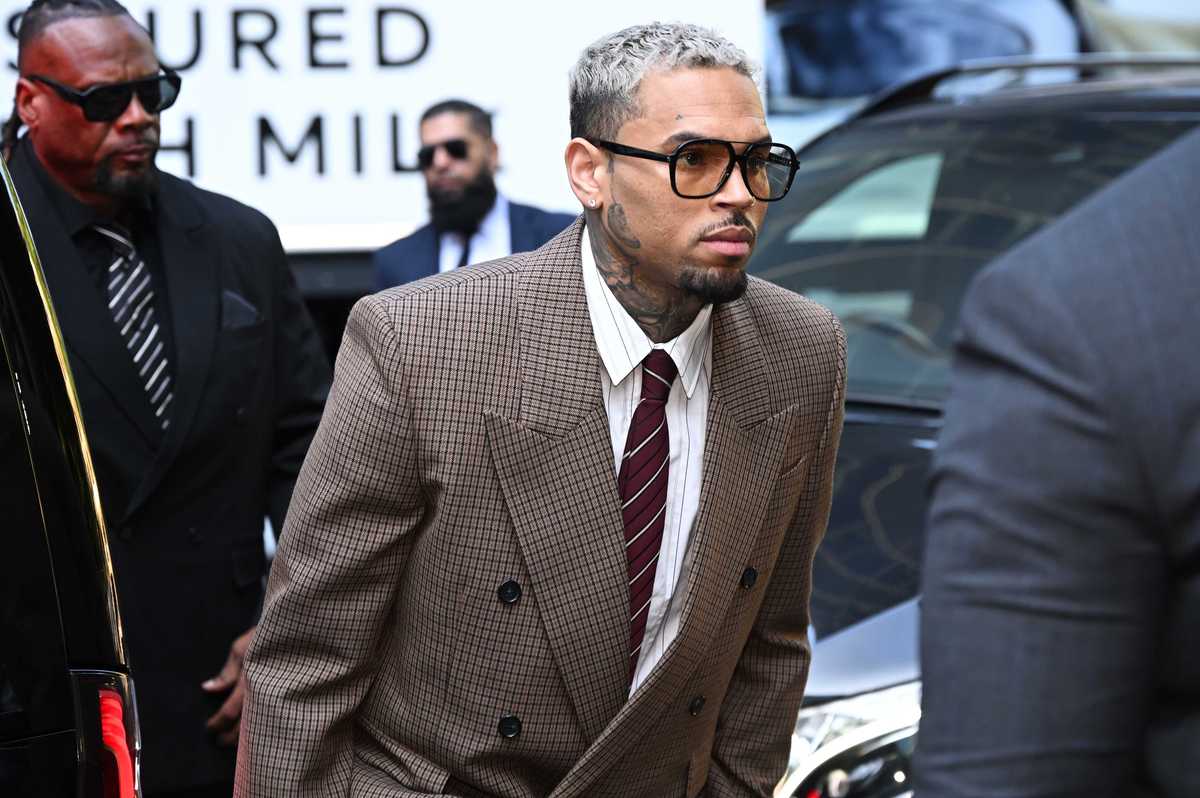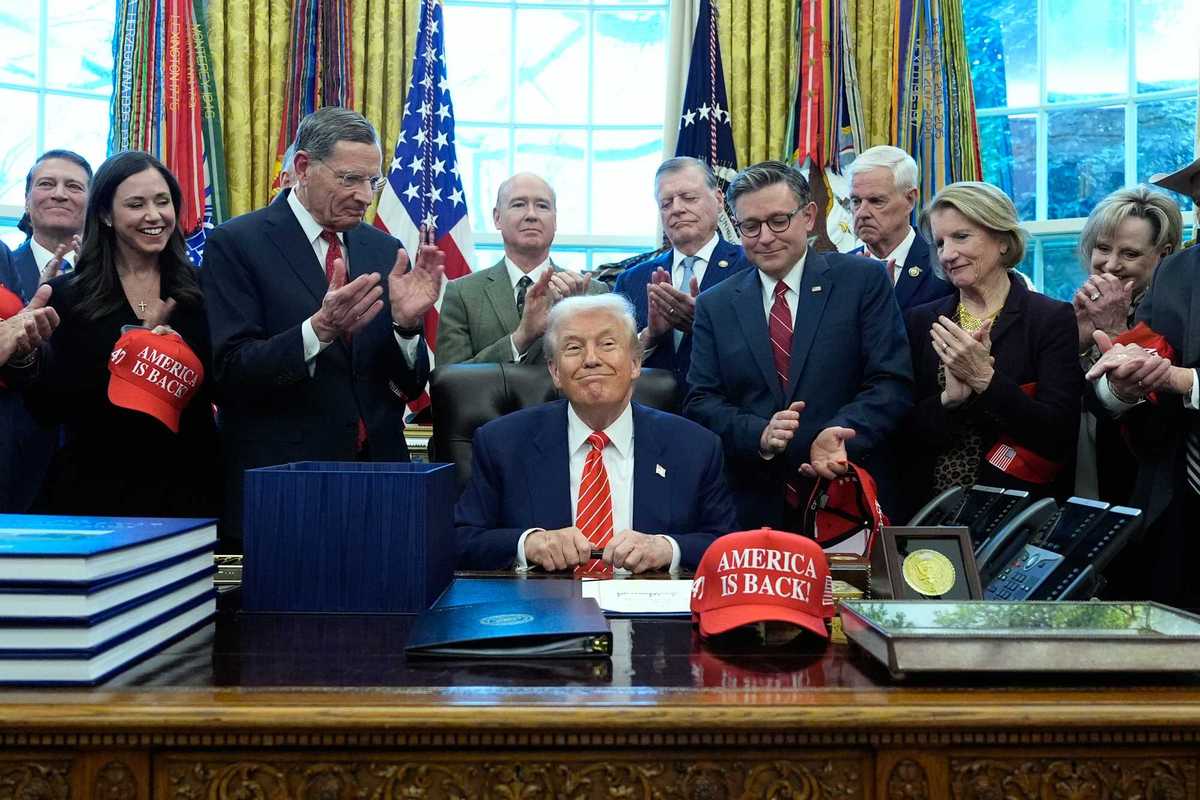News
Elaine McCallig
Oct 14, 2021
A new campaign from Police Scotland urges men to consider whether or not they recognise themselves as “that guy” in a viral new campaign.
The Don’t Be That Guy campaign aims to tackle the issue of sexual violence by having frank conversations with men around sexual entitlement.
In a video released by Police Scotland, actors ask the viewer if they’ve ever done things such as make vulgar comments about women to their friends, send explicit photos to women in their DMs, or guilt-tripped, pressured, or pushed a woman into doing anything.
“Most men don’t look in the mirror and see a problem. But it’s staring us right in the face. Sexual violence starts long before you think it does. Don’t be that guy,” the actors say.
In a blog post, Graham Goulden, a former police officer who now specialises in tackling men’s violence, said that male sexual entitlement is the belief that men are owed sex “on account of their maleness”. Many young men consider “pulling” to be a game, he said — “but often games involve winners and losers.”
Goulden, a policeman with over 30 years’ experience who previously worked at Glasgow’s violence reduction unit, said: “The truth is, no one is ever owed sex – not when they’re nice, not when they’re domineering, and not just because they’re a man.
“If we really want to wipe out rape culture and reduce sexual violence, we need to understand how male sexual entitlement negatively impacts everyone, men included.”
Goulden also said he is concerned by the entitlement seen throughout mainstream media, but is particularly worried about online pornography and the way in which instances of catcalling and sexual assault are often dismissed.
He said men can tackle male sexual entitlement by being spatially aware, demonstrate clear consent, and challenge others who harass women in the street. He also encouraged men to not “trash talk” women, talk to their friends about male sexual entitlement, and consider their own behaviours.
The campaign’s website also includes a blog listing ten fictional characters who are “that guy”, including James Bond, Danny Zuko from Grease, Glenn Quagmire from Family Guy, and “most of the men” in Game of Thrones.
The campaign received praise upon the video’s release, with Rape Crisis Scotland tweeting: “Great to see a campaign from Police Scotland about sexual violence that puts the focus on the only people responsible: the perpetrators. Safety advice aimed at women won’t stop sexual violence, but changing men’s attitudes and behaviours can, so #DontBeThatGuy.”
Many others also took to Twitter to share their thoughts on the campaign:
Political activist Femi Oluwole shared a video where he discusses what men can do to tackle problematic behaviour on Jeremy Vine’s show on Channel 5.
Oluwole said men need to start calling out their “problem friends” who express uncomfortable views about women.
“Those conversations need to be had with our mates,” he said. “If we’re looking at what we can do, how can we make the future better, that’s where we as men can start.”
The campaign comes in the wake of Sarah Everard’s case coming to a close. Everard’s case, as well as the murder of Sabina Nessa, has opened a national conversation around women’s safety and violence against woman and girls.
In London last weekend, mother-of-four Nicole Hurley was the fourteenth woman to be killed since Everard was kidnapped, raped, and murdered in March. A 40-year-old man has been charged with her murder.
Previously speaking to indy100, Jamie Klingler, co-founder of Reclaim These Streets said: “Men have to call it out. With men, you know the creep in your office, or who you don’t leave in the pub because you know he’s hitting on the new recruit, or who you tell girls not to get a cab with.
“You know who that man is and it’s got to be weeded out. When we complain we don’t get taken seriously, we don’t get promoted.
“Men are the ones who can stop violence by men. You know the questionable man in your circle of friends, we all know them, we all have them,” she said.
Last week a potential new offering from BT called the 888 or “walk me home” service was pitched in a bid to make people feel safer while travelling. Reportedly backed by home secretary Priti Patel, the service would track the user on their route and alert their emergency contacts if they don’t reach their destination on time.
The proposed service was slammed as people felt it puts even more of a burden on women to adapt their behaviour and fear it may perpetuate a culture of victim blaming.
The criticism over the pitched 888 service is the latest in a string of measures and advice that’s received backlash for placing the onus on women instead of shining a light on toxic masculinity and misogyny. Met police received backlash when they advised women to “run away” if they feel unsafe.
The advice to “wave down a bus” if stopped by an officer they do not trust was dropped by the Met after receiving backlash, the Metro reports.
Yesterday it was announced that all police forces in England and Wales must review allegations of indecent exposure, sex offences and violence against women by serving officers.
Top 100
The Conversation (0)














